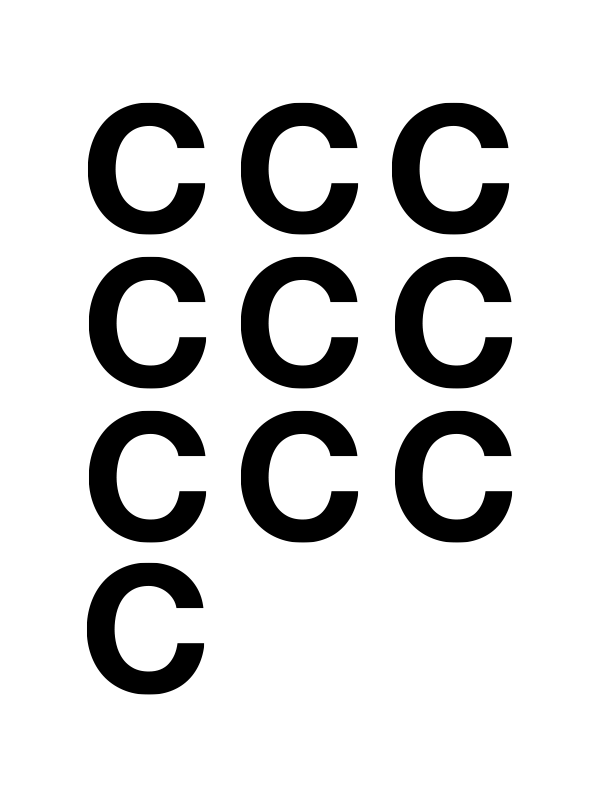Competences
Definition:
Competences are defined as a combination of knowledge, skills and attitudes appropriate to the context. Key competences are those which all individuals need to achieve the goals set for the specific framework (e.g. “EntreComp offers a comprehensive description of the knowledge, skills and attitudes that people need to be entrepreneurial and create financial, cultural or social value for others”, source Employment, Social Affairs & Inclusion).
Please note that in the EU frameworks, the term used is “competence/s” and not “competency/ies”
Further references:
Based on the 2018 Council Recommendation on Key Competences for Life-long Learning, competences (not to be confused with competencies) refer to “…a combination of knowledge, skills and attitudes, where: a) knowledge is composed of the facts and figures, concepts, ideas and theories which are already established and support the understanding of a certain area or subject; b) skills are defined as the ability and capacity to carry out processes and use the existing knowledge to achieve results; c) attitudes describe the disposition and mind-sets to act or react to ideas, persons or situations”.
According to the definitions provided by JRC (source Defining ‘Skill’ and ‘Competence’)
– Skills may be defined as the ability to apply knowledge and use know-how to complete tasks and solve useful problems, typically in the workplace. Competences can be defined as broader attributes that refer to an ability to use knowledge, skills, social and/or methodological abilities in work or study situations and in professional and personal development.
– Competence is not limited to the cognitive area; it also encompasses functional/technical areas, interpersonal skills and values.
